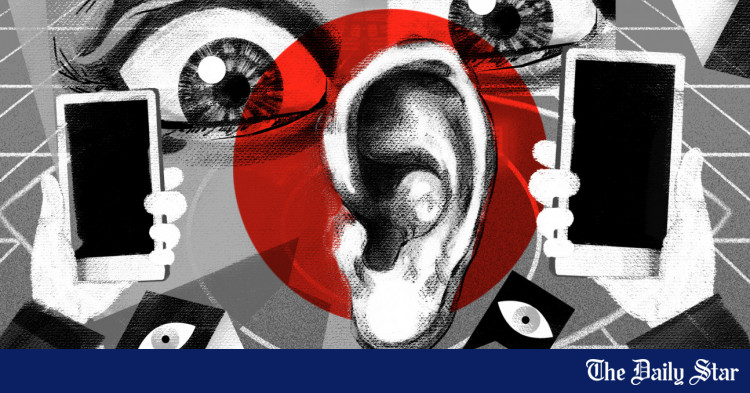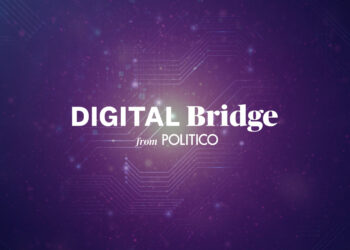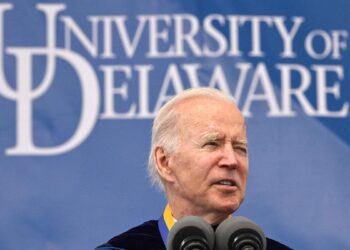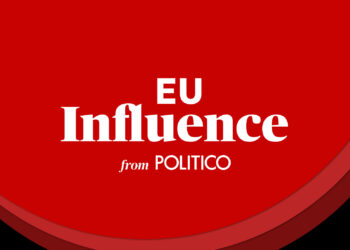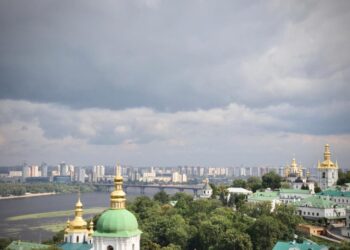Freedom of thought and conscience and speech are some of the fundamental rights guaranteed by the Constitution of Bangladesh to its people. Article 39 of the constitution guarantees freedom of thought and conscience in absolute form, and it is not possible to pass any law curtailing this right on any ground whatsoever. Freedom of speech and expression is subject to limitation, and can only be restricted by imposition of law, in the interest of the security of the state, friendly relations with foreign states, public disorder, decency or morality, or in relation to contempt of court, defamation, or incitement to an offence.
Thus, the freedom guaranteed by Article 39 of the constitution not only includes the right to express one’s own conviction, faith, belief, passion, opinion, emotion or anger, but it also gives the right to read and be informed. In the present era of digital modernisation, besides other forms of communication, over-the-top (OTT) platforms like Facebook, YouTube, Hoichoi, and others based on the internet are also playing important roles in keeping and enjoying this right.
The extent of the importance and application of this right can be seen in the decision of Abdus Samad Azad vs Bangladesh, (1992) 44 DLR 354, where the High Court rejected the contention that open ballot system for presidential election is violative of freedom of thought and conscience. In other words, when a person wants to express his or her thinking to others, freedom of speech and expression is the only mode, which can only be verbal or in black and white on print, electronic, or OTT platforms, extending to others with the right to read and be informed.
With the expansion and usage of the internet through OTT platforms, guidelines, policies, rules, regulations, and laws became necessary to maintain the coherence of the digital social platform in the country. This was initiated through the promulgation of the Information and Communication Technology (ICT) Act, 2006. Section 57 of the 2006 act turned out to be draconian in its application. Misuse or abuse of Section 57 received robust criticism for bulldozing freedom of expression. The government promised to repeal Section 57 of the act, but to everyone’s dismay, it replaced it with an even more repressive law, the Digital Security Act (DSA), 2018, just before the 11th parliamentary election.
It is worth mentioning that the former UN High Commissioner for Human Rights Michelle Bachelet urged the government to suspend the application of DSA and conduct a review of its provisions to bring them in line with the requirements of international human rights law.
The DSA leaves scope for the subjective interpretation of definitions and offence by the authorities, as a result of which, the opportunity to misuse or abuse it is a likely outcome in our political and social environment. The draft of the Data Protection Act (DPA), 2022 is similarly problematic, with vague and broad definitions. Among many other provisions which are parallel in nature and character with DSA, the DPA gives an overriding effect that negates the citizens’ right to information, thus, contradicting citizens’ right to read and be informed and the Right to Information (RTI) Act, 2009. Meanwhile, there is no definition of what actually constitutes personal data. More interestingly, the Bangla draft of the DPA has 70 sections, while the English draft has 66 sections. It is exceedingly difficult to guess whether it is bad drafting, negligence, or omission on the part of the concerned authorities.
Seeing the way the DSA has been applied, one can assume how the authorities will apply the DPA after ratification. The recent statistics gathered by ARTICLE 19, a UK-based international rights organisation, shows that from January to October of 2022, a total of 100 cases were filed with 237 individuals identified as accused, of which 68 cases were filed for expressing one’s thoughts on social media. Law enforcement agencies or individuals affiliated with the ruling party are filing these cases. Thirty-three cases have been filed for criticising the prime minister of Bangladesh, members of parliament, and those associated with the ruling political party. Fifty-one journalists were charged in 21 cases for doing their professional job. Five journalists have been sent to jail including a cartoonist. The DSA has merely been a tool to impede differing voices. The proposed DPA may also lead us down the same path unless it is revised considering the Universal Declaration of Human Rights (UDHR) and International Covenant on Civil and Political Rights (ICCPR), to which Bangladesh is a ratifying country.
The Indian Supreme Court, in Romesh Thappar vs Madras, AIR 1950 SC 124, stated that freedom of speech is essential for the development and functioning of democracy. The first thing an authoritarian ruler does is curb freedom of speech, and without freedom of speech, there cannot be any democracy, as observed in Farid Ahmad vs West Pakistan, PLD 1965 Lah 135. May we, as Bangladeshis, ask ourselves: are we going down a similarly dangerous path?
Barrister Syed Ejaz Kabir is an advocate at the Supreme Court of Bangladesh, and a member of Bangladesh Internet Freedom Initiative Working Group.
Read the full article here

